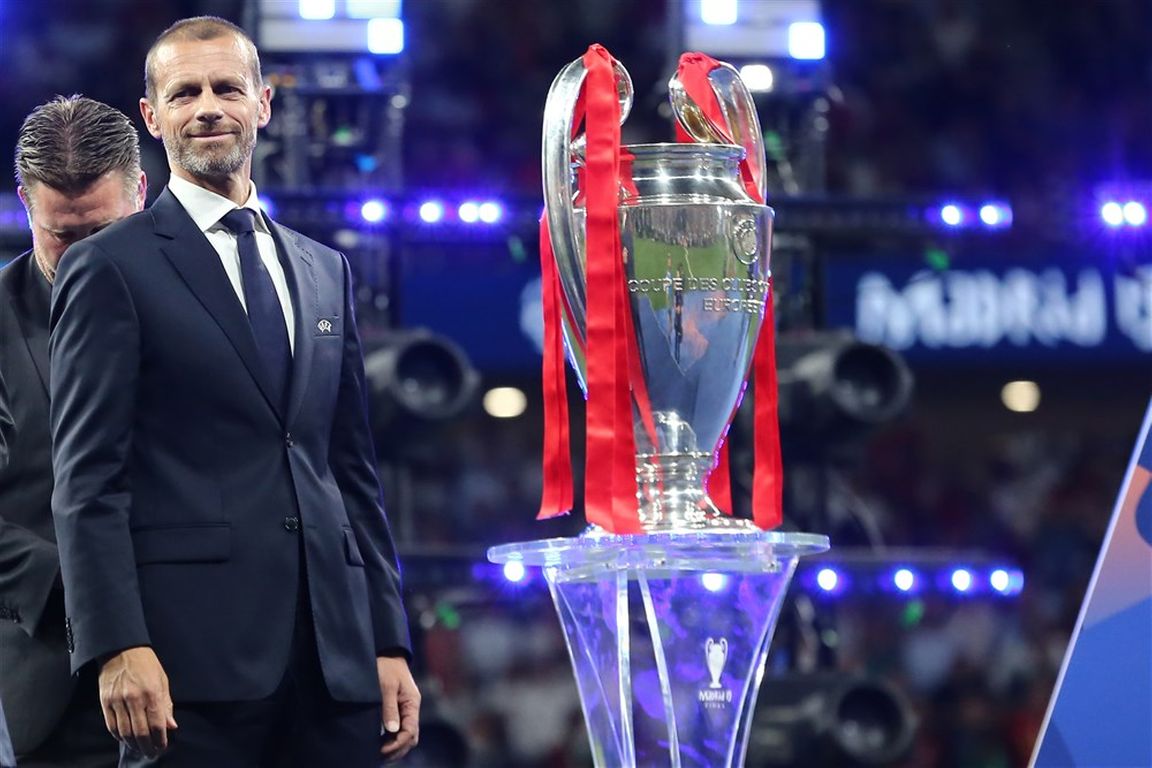
“Ce sont les meilleures équipes…” This line, sung around stadiums, bars, and homes across the world, has become synonymous with the UEFA Champions League. The first matchday of the Champions League traditionally showcases a cornucopia of football classics think Milan versus Newcastle or Bayern Munich locking horns with Manchester United. This week is special for another reason though, it’s one of the last times we’ll experience the Champions League as we know it.
The UEFA Shake-Up: A Quick Overview
Starting from the next season, the Champions League is getting a facelift, one that’s provoked mixed feelings. The group stage is expanding to feature 36 teams, and they’ll all be lumped into a single mega-league. The top eight will proceed directly to the knockout stages, while those finishing 9th to 24th will slug it out in a new playoff round.
Key Changes
- Single Mega League: 36 teams instead of the traditional groups
- More Games: Eight per team in the group stage
- Playoff Round: For teams placed 9th to 24th
- Bye for Top Eight: Direct entry to last 16
Confused? You’re not alone. Unless you’re a UEFA delegate or a Swiss-model-loving chess enthusiast, you’re probably scratching your head. Especially considering that this new format is UEFA’s way of averting the disaster that was the European Super League fiasco last year.
What’s Going Away?
The new system will bring the number of group-stage games from 125 to a whopping 189. The previous seeding pots will still exist, but no longer will domestic league winners automatically earn a top-tier slot. The changes don’t stop there.
Out With the Old
- Historical Performance: No reserved spots for traditionally strong teams.
- Top-tier Slot: No more automatic first pot for domestic league winners.
- Europa League Trapdoor: No more demotions, if you’re out, you’re really out.

Will the Games Actually Matter?
UEFA claims the new structure will create a more competitive environment. But when you dig deeper, things look less rosy. In the new ‘league stage,’ 24 out of 36 teams will go through, increasing the odds of proceeding from 50% to two-thirds. While there may be added urgency for the top eight teams, the watering-down of competition is a real concern.
Concerns Over Player Welfare and Future Changes
And let’s not forget about the athletes. Two additional games per team, extended into January, right before FIFA’s Club World Cup in 2025. Not to mention the impact this could have on domestic leagues and cups.
Future Fears
- Even More Expansion: Where will UEFA draw the line?
- Legacy Places: Will the discussion on favoring traditional teams return?
- International Impact: What about domestic and international football?
The Old vs. The New
Sure, the current 32-team, eight-group Champions League model has its drawbacks. It can be a snooze fest with top-tier teams easily making it to the knockout stages year after year. Since the 2003-04 season, only 19 out of 160 teams from Pot 1 have failed to advance. But there’s a fine line between tweaking for improvement and making changes that could disrupt the essence of the competition.
So, What’s Better?
So, for now, let’s cherish these upcoming matchdays, celebrate the clashes of football titans, and bask in the nostalgic aura of the Champions League we’ve grown to love and sometimes criticize. Because whether we like it or not, change is coming. And who knows? Maybe this new format will grow on us. But as it stands, the good old days are looking a lot better than the future.
So, grab your favorite jersey, stock up on snacks, and hunker down for the final episodes of the Champions League as we know it. Because, my friends, this might just be the end of an era. And the start of something we’re not quite sure about yet.































